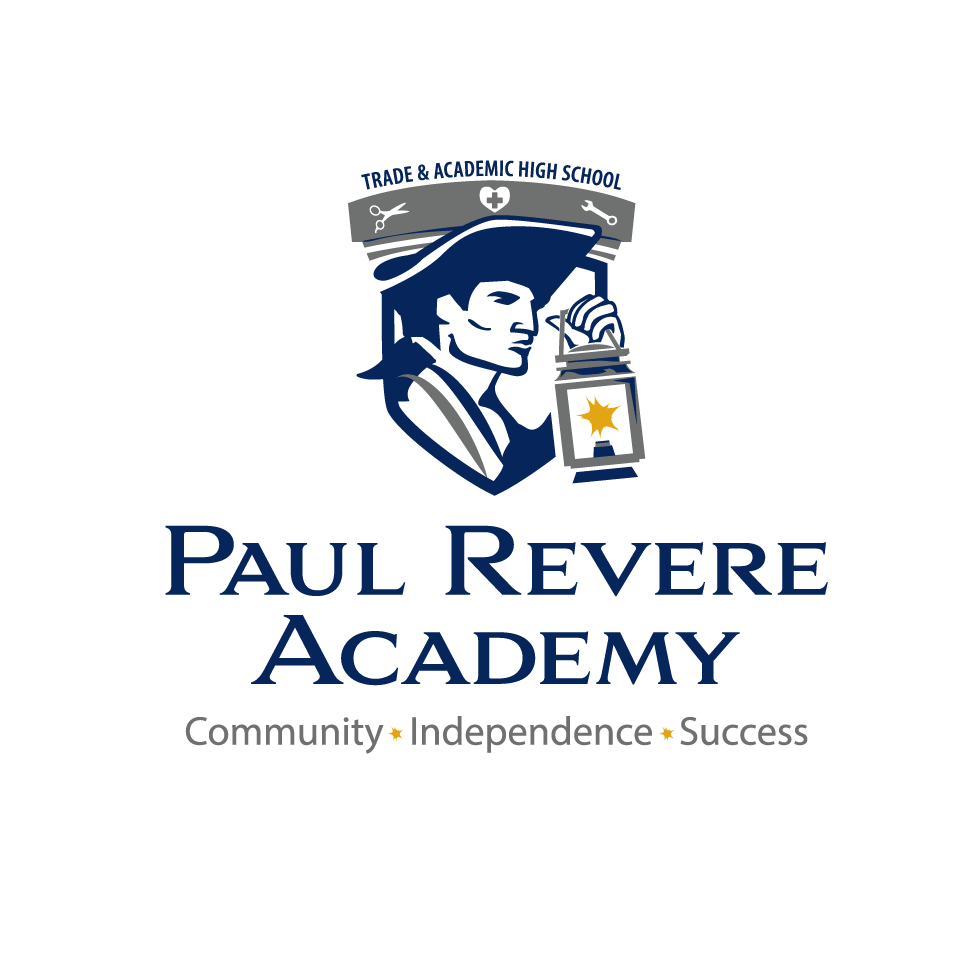American Classroom:
Stories of building a civil society
Discover the power of education in achieving the American dream. Join hosts Jared Taylor and Lindsey Crosland on ‘American Classroom: Stories of Building a Civil Society’, the show dedicated to exploring the dynamic range of education options available to parents and students. We work with educators, experts, and parents to find ways to make schools a safer place, capture opportunities for youth, and multiply the talents of our children.
How Economics Can Help Students Find Their Purpose with Kerry Montano
What if economics class could teach students how to live with purpose—not just how markets work? In this episode of American Classroom, Kerry Montano from the University of Arizona introduces a groundbreaking dual enrollment course that’s transforming how high school...
Every Gifted Mind is Different: Embracing Neurodiversity with Dr. Janelle Emory
What does it really mean to be a gifted learner—and how can schools support students who think differently? In this episode of American Classroom, hosts Jared Taylor and Lindsey Crosland sit down with Dr. Janelle Emory, founder of the Gifted and Talented program at...
Innovation in Education with Dr. Vernon Smith – (Part 2)
In Part 2, Dr. Vernon Smith returns to share practical insights on the future of education—from using AI responsibly to transforming foster youth outcomes through career and technical education.The conversation ranges from the economic value of dual enrollment to the...
Innovation in Education with Dr. Vernon Smith – (Part 1)
How do we make college more accessible, relevant, and future-ready—without sacrificing quality? In Part 1 of this two-part series, hosts Jared Taylor and Lindsey Crosland sit down with Dr. Vernon Smith, a trailblazer in higher education innovation, to explore the...
Cultivating the Will to Learn with Dave Stuart Jr.
What if students didn’t just do the work—but truly wanted to learn? In this powerful episode of American Classroom, hosts Jared Taylor and Lindsey Crosland sit down with educator and author Dave Stuart Jr. to unpack his book The Will to Learn and explore what it...
The Case for Civility: How Respect Transforms Schools
How do you create a school culture where students thrive, teachers stay, and respect runs deep? In this episode of American Classroom, hosts Jared Taylor and Lindsey Crosland welcome back Kim Ellsworth, Director of Education for Heritage Academy, to explore the...
Meet The Hosts

Jared Taylor

Lindsey Lundeen Crosland
With a shared passion for education, civic responsibility, and the promise of the American dream, Jared Taylor and Lindsey Crosland bring deep experience, insight, and heart to American Classroom. Together, they explore what it means to build strong schools, strong families, and a strong nation.
Our Partners
Heritage Academy is dedicated to youth, their growth and development. The purpose of education is to build strong character. Strong character is reflected in strong families, strong communities and a strong nation.
Get In Touch
Have a question, comment, or story idea? Whether you're an educator, parent, or passionate listener, we welcome your feedback and ideas. Reach out and connect with the American Classroom team today.








